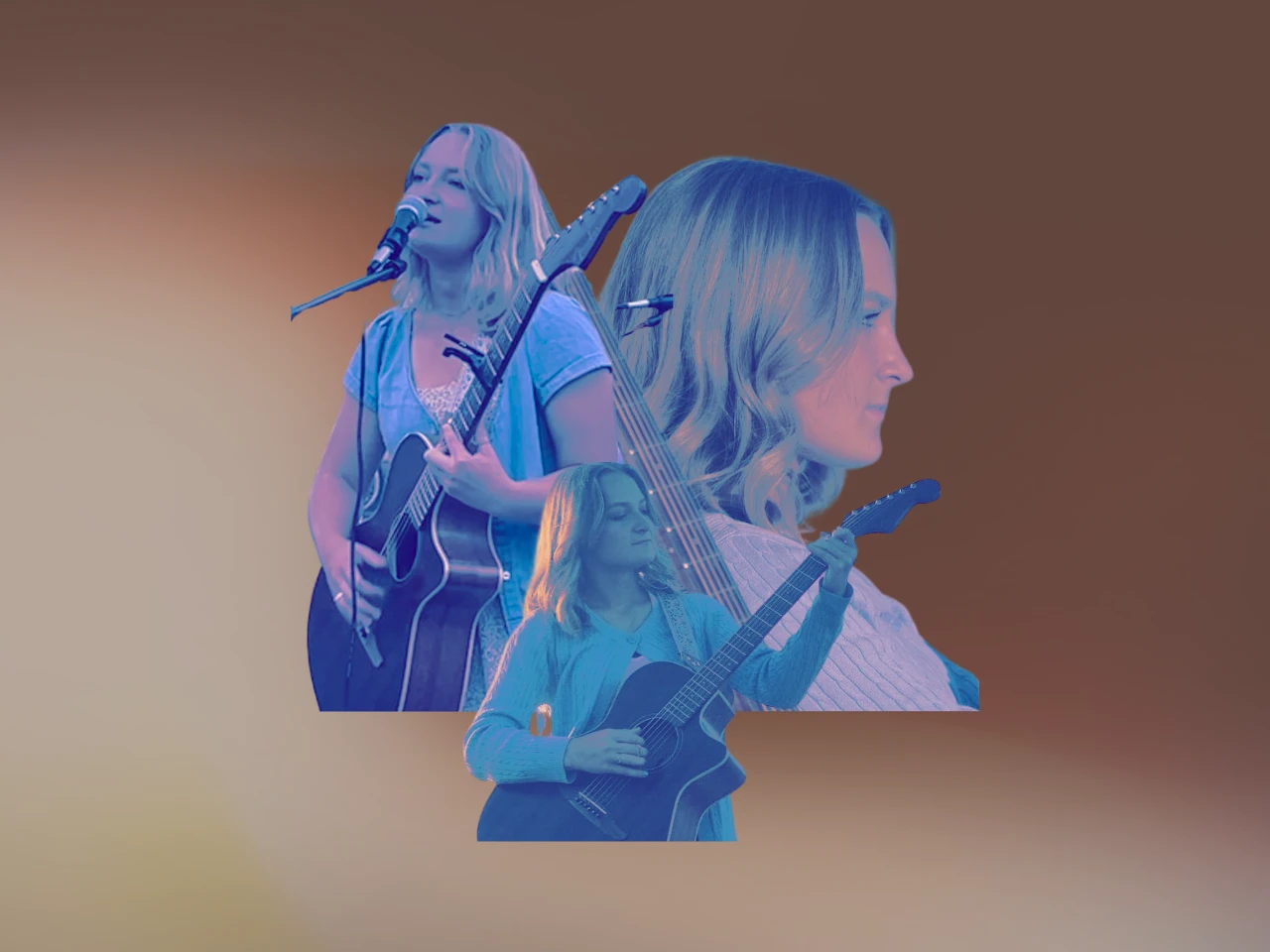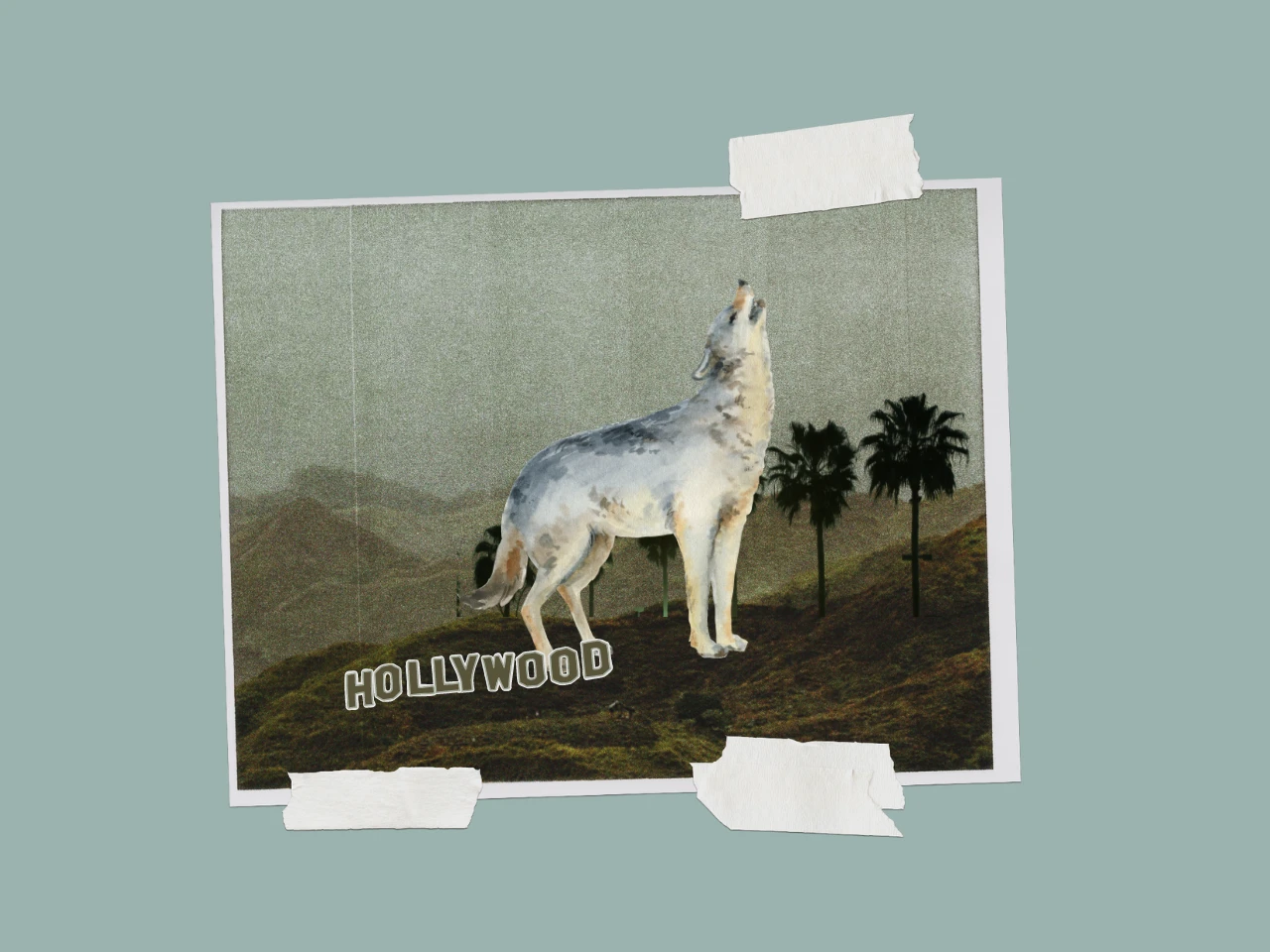1.
The idea of heaven, like the real thing—
being only a posteriori—
or perhaps described best in the
bureaucratic terms, after the fact,
like a government contract,
slow to execute, and minimal only
in its remunerative capacity.
A shining, slippery
thing with an inflated
sense of its own importance—
like the white of a blank page,
or the eyes rolled back in the head;
an aberrant, liminal state,
promising equally, and without prejudice:
ecstasy, horror,
or despondency.
Or, as in the case of the contract:
something whose terms can easily be redrawn,
redirected according to whim.
2.
When you were an infant, if you gazed up
you didn’t see the sky,
nor did you see the wings of the purported
angels swan diving to join you in your pram—
like virgins on the funeral pyre
of a great monarch.
All you saw was nothing, which was the same
as seeing everything at all. From within
that fluent perspective,
the only thought that occurred
(if what babies do can be equated to thinking):
my mother is not here,
therefore, I am not here.
And then maybe she’d lean forward,
and you’d catch a glimpse of her flared nostrils
or the fleshy chin, trembling.
Maybe a voice would accompany the vision—
yet, the matriarchal totems
seemingly favor a mute presence.
3.
Later I am thinking about this mutable relationship;
1 mother=2 grandmothers;
Naturally there is tension.
4.
The last time
my father took me to his childhood home
was when his mother died.
Her memorial service took place in July.
One day during our visit, my father took me and my cousins
to Mount Lassen—his idea of heaven, I suppose.
Despite the summer season and the
sticky heat below in the Sacramento River valley,
marbled snowbanks still loomed fifty feet above the road.
We slid down them on our buttocks,
my cousins and I, smiling.
And yet all I felt
was this unpleasant, heavy,
nearly indescribable sensation—
that could be named:
the body’s attachments—
slow trundle of the pelvis
loose with hormones,
the gravity of its architraves,
its gothic vaults,
jeweled organ contained within,
its irresistible promise of lux nova,
white light shining behind
something swollen and blood-wired.
5.
During that same visit,
I heard my grandmother’s voice
speaking to me one morning;
perhaps a durable sort
of music superimposed itself,
stung through with early apricots,
pomegranates, and the faint
rust of my grandfather’s
long-abandoned farm tools.
6.
Now, fifteen years later,
the dogwood, the neon green
tips of the Douglas fir, like wardens,
beckon to me from beyond the threshold.
Is it the sky that wants me
or just my question, which points to nothing
beside itself?
7.
When my grandmother observed
the mountain beyond the orchards
stretching the eye to its dry margins,
perhaps she perceived its brilliance, its beauty;
perhaps both of which she considered no less than distraction.
My father perhaps perceived a memory of his own fear,
which in this case stands in for temptation,
the force of his own ambition.
When I see the mountain, I recognize
a faint shape carving into the sky,
but it is not a part of a face that
I’ve been taught to recognize.
(And who among the family,
upon seeing its silhouette,
conjured the memory of its mud pots,
the far-yellow stink of Sulphur, and felt,
if only momentarily, blessed by their own life?)
8.
My grandmother’s voice
arrived one long-ago
summer morning,
and has not returned to me since.
9.
Now, the approaching season calls out,
offers an alternative to assigning
those familiar, stable meanings:
You can pick the fallen fruit,
the unripe walnuts
toxic in their green skins, or
you can let your hands fall to the side;
you can click the button,
you can close the need for this
labor of memory.
Then, you may lie
here for a little while longer,
belly to the ground.
10.
With the head turned—through
the crab grass,
maybe you witness
pairs of feet,
coming or going,
to where, who knows, suppose
the mountain scatters,
far beyond the margins,
those permitted angles.
Sonya is a writer and poet residing in the Pacific Northwest. Her work has appeared in Arcturus, Paraselene, Latin American Literary Review, Roanoke Review, and others. Her first book, One Row After/Bir Sıra Sonra, was published by First Matter Press in 2022. Her second book is forthcoming with South Broadway Press.



